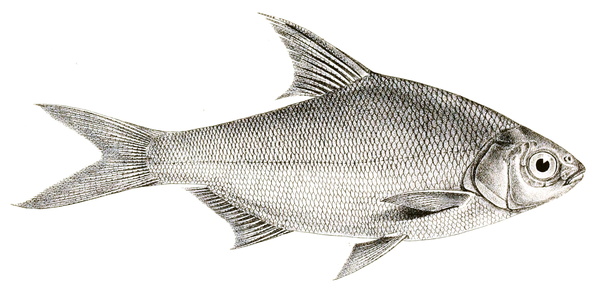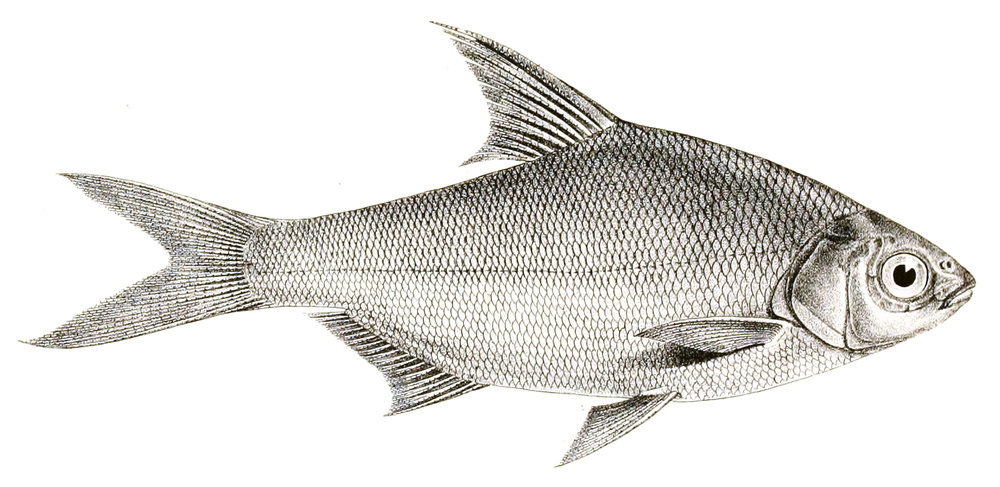Farming remarks
Osteobrama belangeri is a medium size freshwater, benthopelagic, and tropical cyprinid fish that naturally inhabits rivers and lakes in India, Myanmar, and China. The natural populations are declining mainly due to habitat degradation, pollution, hydroelectric power projects, construction of dams, overexploitation, and introduction of non-native fish species, especially Cyprinus carpio. This has resulted in O. belangeri being listed as one of the endangered fish species of India and as near threatened by IUCN. It can be considered as a potential species for diversification of carp culture as well as being a highly priced fish with a great demand due to its association with the cultural heritage in some regions. Despite that, it has lower growth potential compared to the Indian major carps (Labeo catla, L. rohita, Cirrhinus mrigala), and its growth and survival has been far from satisfactory in farms. Moreover, O. belangeri is vulnerable to diseases. This cyprinid is normally kept in polycultures with other carps. As O. belangeri is mainly herbivorous, it can replace Ctenopharyngodon idella in such polycultures. The grow-out phase has been confined mainly to earthen ponds, and it is probably harvested while still a juvenile. Despite its potential for carp culture, its domestication is just beginning, and most important wild information is still missing for this species. Moreover, essential information about specific stress responses, malformations, and stunning/slaughtering protocols under farm conditions is also missing. Thus, it is still a challenge to assess the welfare conditions of this cyprinid in captivity.
Note: for farming conditions, the age class “Larvae and fry” refers also to young juveniles, and the age class “Juveniles” refers also to larvae and fry, as the literature does not always specify.
For details see: WelfareCheck | farm




